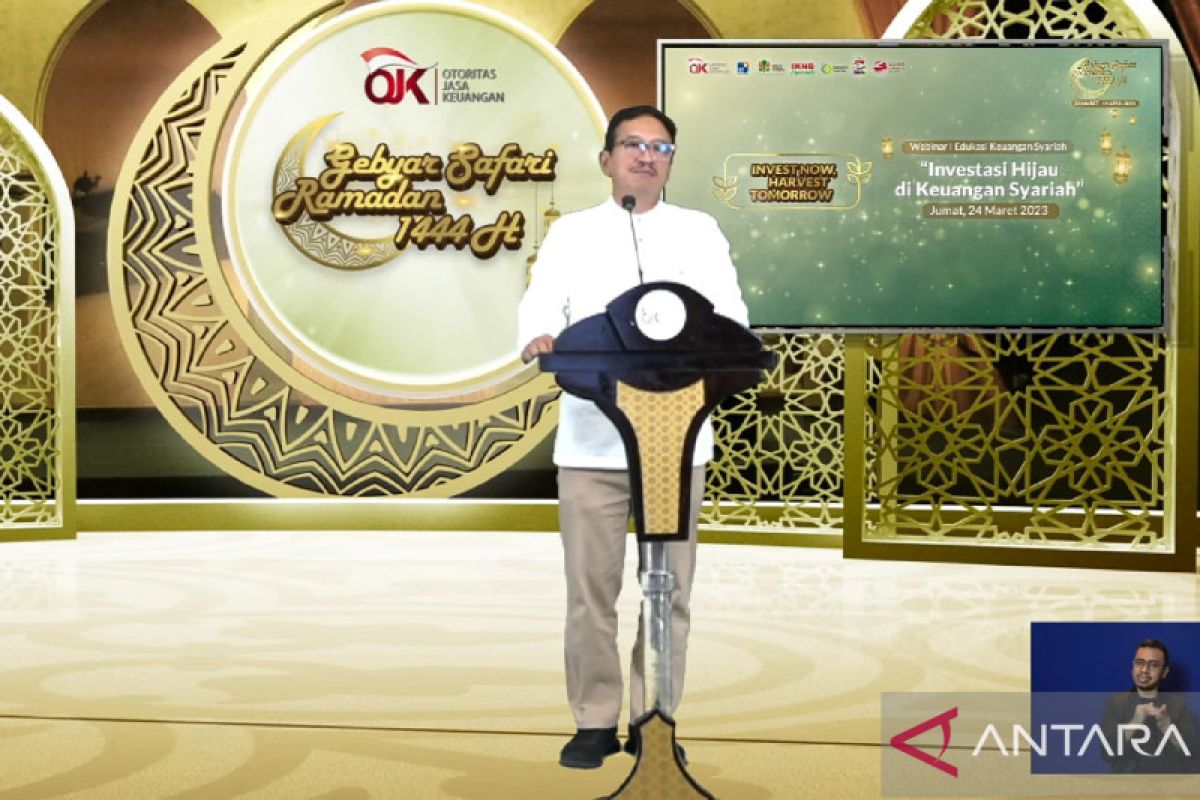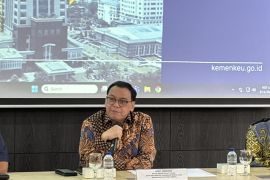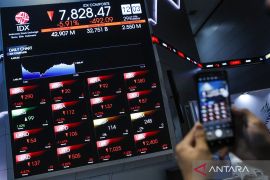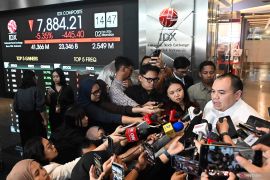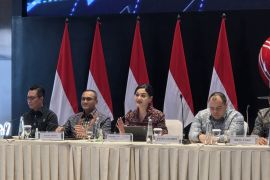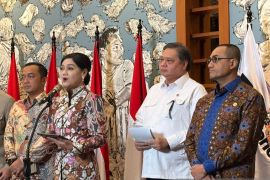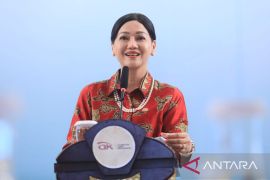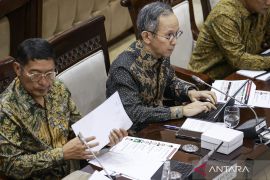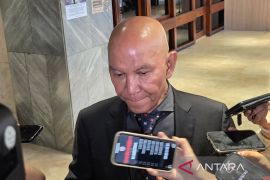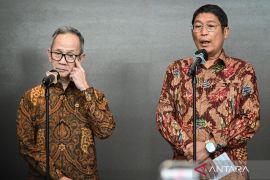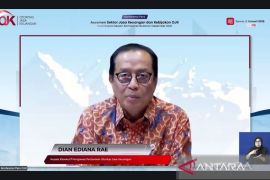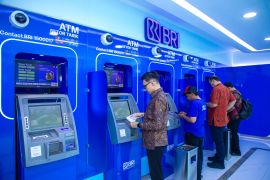Based on the 2022 National Financial Literacy and Inclusion Survey (SNLIK), the Islamic financial literacy and inclusion indexes were respectively recorded at 9.1 percent and 12.12 percent.
"Although the index increases every year, the Islamic financial literacy and inclusion index is still far below the national financial literacy index that has reached 49.68 percent and 85.10 percent," he stated at the webinar titled "Green Investment in Islamic Finance" on Friday.
To develop the Islamic finance sector, the OJK has formulated the Indonesian Financial Services Sector Master Plan (MPSJKI) 2021-2025, a Roadmap for the Development of Indonesian Sharia Banking 2020-2025, a Roadmap for the Development of Islamic Capital Markets 2020-2024, and a Roadmap for Industrial Development of Rural Credit Banks and Finance Sharia People Banks 2020-2025.
In the MPSJKI 2020-2025, the development of Indonesian Islamic finance focuses on three main aspects: strengthening Islamic financial institutions, creating sustainable demand for Islamic finance, and establishing an Islamic financial ecosystem that is integrated with the halal industry.
"The Islamic finance sector has proven to be resilient and able to survive in the current conditions of economic uncertainty," he affirmed.
It is also important to continue to improve Islamic financial literacy and inclusion because its implementation is in line with Indonesia's commitment to transition to a green economy in order to reduce carbon emissions.
"One of the concepts in Islamic finance is the 'huquq' principle, which means applying a multidimensional framework of thinking and not only being self-interested but also concerned about other people (society), God, and the environment," he remarked.
At the end of November 2022, total Islamic financial assets had reached Rp2,312.72 trillion, growing 15 percent from the previous year.
At the same time, the OJK recorded total assets in the Islamic banking sector to have reached Rp756.30 trillion, or 6.8 percent of the total banking assets.
Islamic capital market assets, including sharia shares and state bonds, reached Rp5,924.08 trillion and had a market share of 18.43 percent, while total assets of the sharia Non-Bank Financial Industry (IKNB) sector reached Rp143.97 trillion, with a market share of 4.69 percent.
Related news: Sharia finance assets grow 15 percent to Rp2,375 trillion in 2022: OJK
Related news: VP expects MES to bolster cooperation, push sharia economy development
Translator: Sanya Dinda, Cindy Frishanti Octavia
Editor: Rahmad Nasution
Copyright © ANTARA 2023
